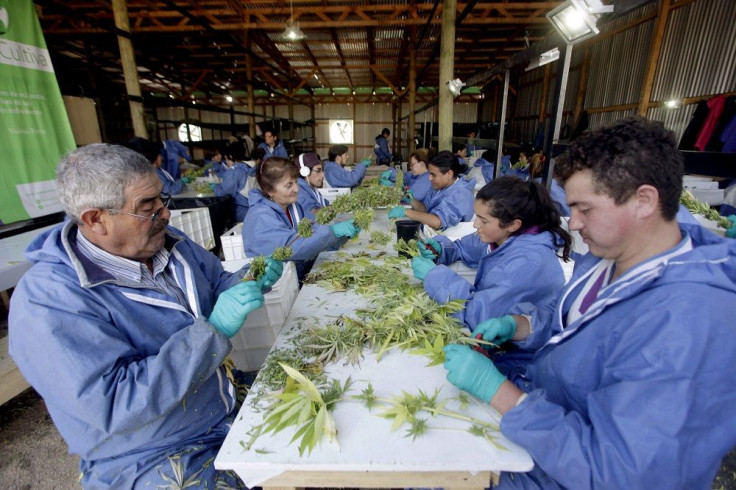The impact of the DEA's possible reclassification of cannabis

Legalisation is the key to unleashing the full potential of the cannabis industry in the US and reaching its projected venue of $21.8 billion (AUD$27.9 billion) in 2020. Fourteen states have already passed bills legalising its cultivation, development, manufacture and distribution as recreational or medicinal marijuana. It is expected that more than half of American states will follow suit by the year’s end. However, many decision-makers remain on the fence because of the Drug Enforcement Administration’s (DEA)’s inclusion of cannabis in its Schedule 1 list of substances.
Legalisation and reclassification of cannabis are intertwined. Removing the plant in the DEA list will ignite the cannabis industry into higher entrepreneurial orbits. Legalisation will be the fuel that will keep it flying.
Keeping cannabis in the Schedule 1 list of substances is scaring potential investors, entrepreneurs and customers away. It has been lumped along with heroin, peyote, ecstasy and other drugs that are described as having no accepted medical value, but carrying high risks of user abuse. The DEA site further describes the Schedule 1 list of substances as “… the most dangerous drugs … with potentially severe psychological or physical dependence.”
Advocates of cannabis argue that research disproves these statements, and downgrading the status of the plant can further lead to more studies that will discover other medicinal advantages. According to the Washington Post , two formidable medical institutions, the American Medical Association and the American Academy of Pediatrics, are lobbying for the reclassification of cannabis; they have offered verifiable evidence that cannabis in fact has been successfully used as treatment for serious illnesses like epilepsy and chronic pain.
In an interview with the Examiner , oncologist Dr Donald Abrams champions increase in cannabis research, which can be accelerated with its removal from the Schedule 1 Listing. Abrams says that the jury is still out on whether or not cannabis can actually cure cancer; what the current research does show is that cannabis contains high levels of anti-oxidants that can reduce the risk of contracting cancer. He adds that cannabis can contain inflammation and certain malignancies.
Jeremy Kossen, the medical journalist who interviewed Abrams, urges the professionals in the cannabis industry to set the record straight. He says, “T he media and cannabis advocates also have an ethical responsibility to represent accurately the scientifically proven and validated benefits of cannabis without overstating the benefits or mischaracterizing research.”
One cannabis company that is taking on the cudgels is Med-X, Inc., which publishes accurate information about the plant, its conversion into drugs, the various aspects of the operation and the immense business potential in its Marijuana Times. The online publication elaborates on the medical benefits of cannabis, responds to readers’ issues, and enlightens them about the popular but false beliefs that have slowed down the industry’s progress and possibly negatively influenced legislators.
Several politicians have lent their support to the cannabis bandwagon. The Green Rush Daily says presidential candidate Bernie Sanders has openly declared his pro-legalisation stance in his native Vermont. Meanwhile, his Republican opponent, Donald Trump, has issued statements that he is open towards its legalisation.
The wait just might soon be over. The DEA is fast-tracking its assessment of a possible downgrade of cannabis and issued a statement to legislators that it will reveal the results by the first half of 2016, possibly July at the latest.





















